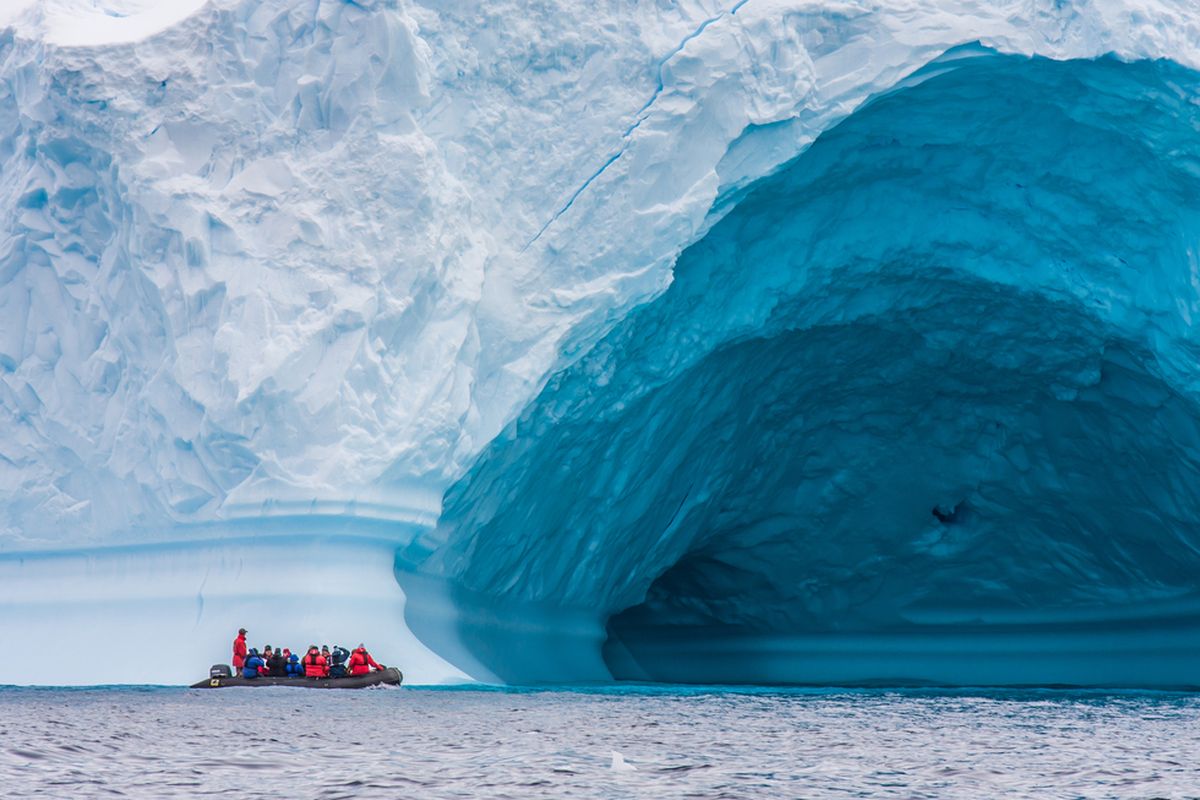
SYDNEY, KOMPAS.com — Australian and other scientists are warning that runaway climate change could melt the East Antarctic Ice Sheet, causing sea levels to rise by up to five meters. The research is published Thursday, Aug. 11 in the journal Nature.
The report by Australian and international researchers is another stark warning about what could happen if targets to limit temperature increases under the 2015 Paris Agreement are not met.
The study suggests that the melting of the world’s biggest ice sheet in the East Antarctic could eventually cause dramatic sea level rises, but that could be avoided by swift action to address climate change.
The East Antarctic Ice Sheet holds the vast majority of world glacier ice.
Researchers describe it as a “sleeping giant” that should not be woken because of the monumental impact its melted ice could have on sea levels.
Also read: NGOs Ask Elon Musk Not to Invest in Indonesia’s Nickel Industry over Environmental Woes
The ice shelf was thought to be stable and much less susceptible to global warming, compared to the ice sheet in West Antarctica or Greenland.
However, scientists believe it is now showing unmistakable signs of vulnerability to a shifting climate and a loss of ice has been identified.
Study co-author Nerilie Abram, a professor at the Australian National University’s Research School of Earth Sciences, said the melting of the East Antarctic Ice Sheet could eventually be catastrophic.
Also read: Indonesia May Experience Temperature Rise by 3 Degrees Celsius: Meteorological Body
“By 2500, East Antarctica could contribute up to five meters of sea level [rises] on top of the sea level rise that we will already have had from Greenland and West Antarctica, as well,” Abram said. “So that really is a scenario that would have huge global implications and it gives us even more of a reason to make sure that we are doing everything that we can to not exceed that 2-degree warming level.”
Researchers said adhering to the climate targets set in the French capital in 2015 is fundamental.
The Paris Agreement brought together almost all the world’s nations for the first time in a single accord to reduce greenhouse gas emissions.
The study asserts that if temperature rise is limited to 2 degrees Celsius, the vast East Antarctic Ice Sheet should remain stable, but it warns that warmer temperatures could cause melting and increase the sea level by many meters.
In the best-case scenario under restricted temperature increases, the ice sheet could actually gain more ice, from snowfall, than it loses.
The study is published Thursday in the journal Nature. Those involved included the Australian National University, the Australian Center for Excellence in Antarctic Science, and other experts from Britain, the United States, and France.
Source: VOA
Simak breaking news dan berita pilihan kami langsung di ponselmu. Pilih saluran andalanmu akses berita Kompas.com WhatsApp Channel : https://www.whatsapp.com/channel/0029VaFPbedBPzjZrk13HO3D. Pastikan kamu sudah install aplikasi WhatsApp ya.































